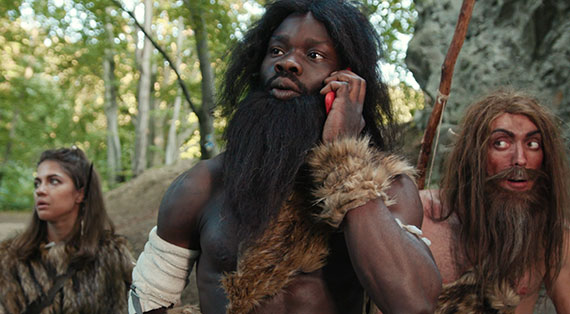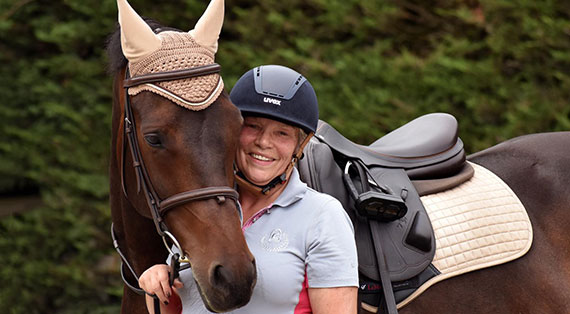How Old Is Your Brain? – Why are you Anxious?
I don’t know about you, but I am a glutton for those tests that score your IQ and your mental age etc.
But, your mental age will not tell you how old your brain is.
We are running on a brain that really evolved into its present form about 1.7m years ago according to researchers from Zurich University, not in the great order of recent advances. It feels a bit like running your iPhone on iOS1. Our brains shape up pretty well on the whole, just like the VW Beetle or the Chanel Jacket, they cope pretty well on an old design frame. But where do our brains fall short?
The main area our old brains let us down is – anxiety.
It is the modern day scourge, where despite having everything, we fear our future holds nothing.
We don’t know why, but we are tired, miserable, fearful and pessimistic about tomorrow. We wake up with a knot of fear about what the day might bring, we live hedonistically, because it blots out thinking about tomorrow, we eat for comfort, drink for peace and take drugs for kicks.
Why?
Well, when we were cavemen and women, we usually knew the score. We chased a rabbit, found some tree bark and fruit and nuts to feed our family. When we got home with it we got a nice serotonin hit that made us feel good about the world. We used our adrenalin to give us energy to hunt, or to fight or run and escape wild animals. We usually knew the perils. We knew about the tiger, or the marauding enemy tribesmen. But sometimes we didn’t – we suspected something was amiss. The weather seemed oddly unpredictable, we heard the noise of unfamiliar wild animals in the distance, or our hunting grounds were unavailable to us and we had to hunt in new unfamiliar terrain. So, we became watchful. we were on red alert for the foe we didn’t see. We suspected danger was out there but we didn’t know where, when it might appear or what it would throw at us. So we had to produce lots of adrenaline and other stimulant chemicals in be able to run or fight.
As cavemen, that didn’t happen very often, or last very long.
But as children of the modern era, it happens all the time. Take now for instance. The pressure of being fashionable, relevant, socially acceptable, adapting to modern social norms and language. The changing traditional roles of men and women, sexuality, technology and communication. Uncertainty about the Earth’s future with climate change, traditional jobs and industries disappearing and Artificial Intelligence possibly taking our jobs. The uncertainty about how we will afford a house… I’ll bet after reading that list you are quite anxious aren’t you? Thinking about how hard life is.
But is it? Is any of this stuff actually going to kill you in the next few days? No. But your mind uses all the same chemical responses as those cavemen whose lives were very much at risk.
It is the unknown fear that is so insidious. What we know about we can plan for and cope with. How often do you hear “it’s the not knowing…..”
How do we change that?
Well guess what? As much as things change, they also stay the same. There are still lovely moments in every day. Yes, every day. However sad or stressful.
It might only be a birdsong or the way the evening sun falls on a brick wall in a golden glow. The smile of a stranger. The relaxed feeling after a long walk or belly laughs with friend. The glow you get when you do an old lady’s shopping for her or help out your Dad with a DIY project. The feeling of pleasure when you sort that cupboard out. The smell of the soap when you have a shower and the sound and smell of the rain…
Has reading that list made you feel more relaxed?
When we start to see those things every day, focus on the good and real things, not the imagined, the what if… then your brain will seek that serotonin again, just like the caveman did. You can then let go of the stresses of your day.
Once we start to realise that in these times, our lives are rarely at risk, but that we are surrounded by wonder and joy, we can discard that anxiety. Our brains realise we don’t need it to survive, and we can truly begin to live.




